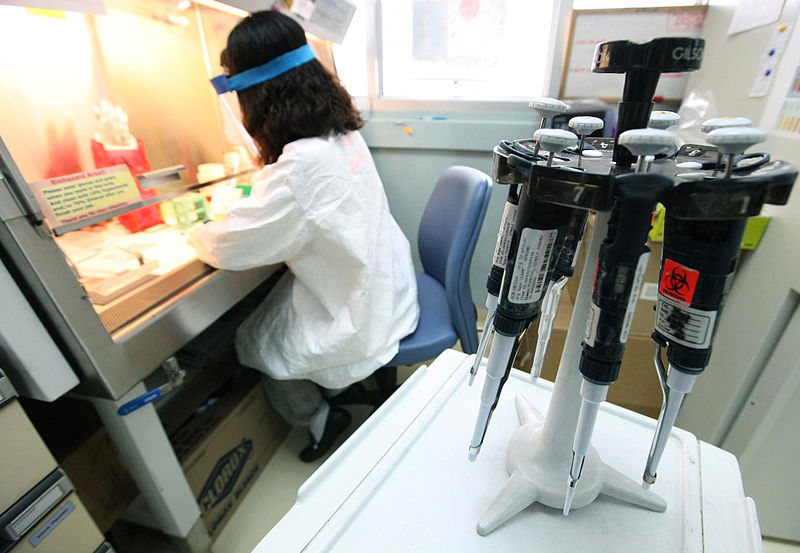
Researchers in South Africa have begun the largest HIV vaccination trials in the country with ambitions to end the life-threatening virus within four years.
More than 5,400 South African men and women will take part in the trial, named HVTN 702, making it the largest and most advanced HIV vaccine trial ever to be held in the country. If successful, HVTN 702 could replace the RV144 regimen, which first administered protection against the virus in Thailand in 2009.
South Africa struggles with the biggest HIV epidemic in the world, with more than 1,000 people testing positive for the virus every day. It is estimated that at least 7 million South Africans were diagnosed with HIV in 2015, and the country spends US$1.5 billion every year maintaining existing healthcare programmes to fight the virus, according to UK-based AIDS charity organisation AVERT.
“If deployed alongside our current armoury of proven HIV prevention tools, a safe and effective vaccine could be the final nail in the coffin for HIV,” said Anthony S. Fauci MD, one of the co-founders of the trials.
Fauci, the director of the National Institute of Allergy and Infectious Diseases at the National Institutes of Health, added: “Even a moderately effective vaccine would significantly decrease the burden of disease over time in countries and populations with high rates of HIV infection, such as South Africa.”
The HVTN 702 trial has been approved for wider testing after its use on an initial sample of 252 participants induced a comparable immune response to those reported in the RV144 trials. The RV144 study marked a breakthrough in medical research, with the experimental vaccine proving to be 31.2 percent effective at preventing infection throughout the 3.5 year follow-up after vaccination.
Glenda Gray, HVTN 702 protocol chair, said: “HIV has taken a devastating toll in South Africa, but now we begin a scientific exploration that could hold great promise for our country. If a vaccine were found to work in South Africa, it could dramatically alter the course of the pandemic.”
Results of the trials are expected in late 2020.

